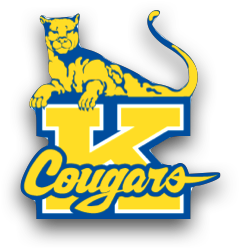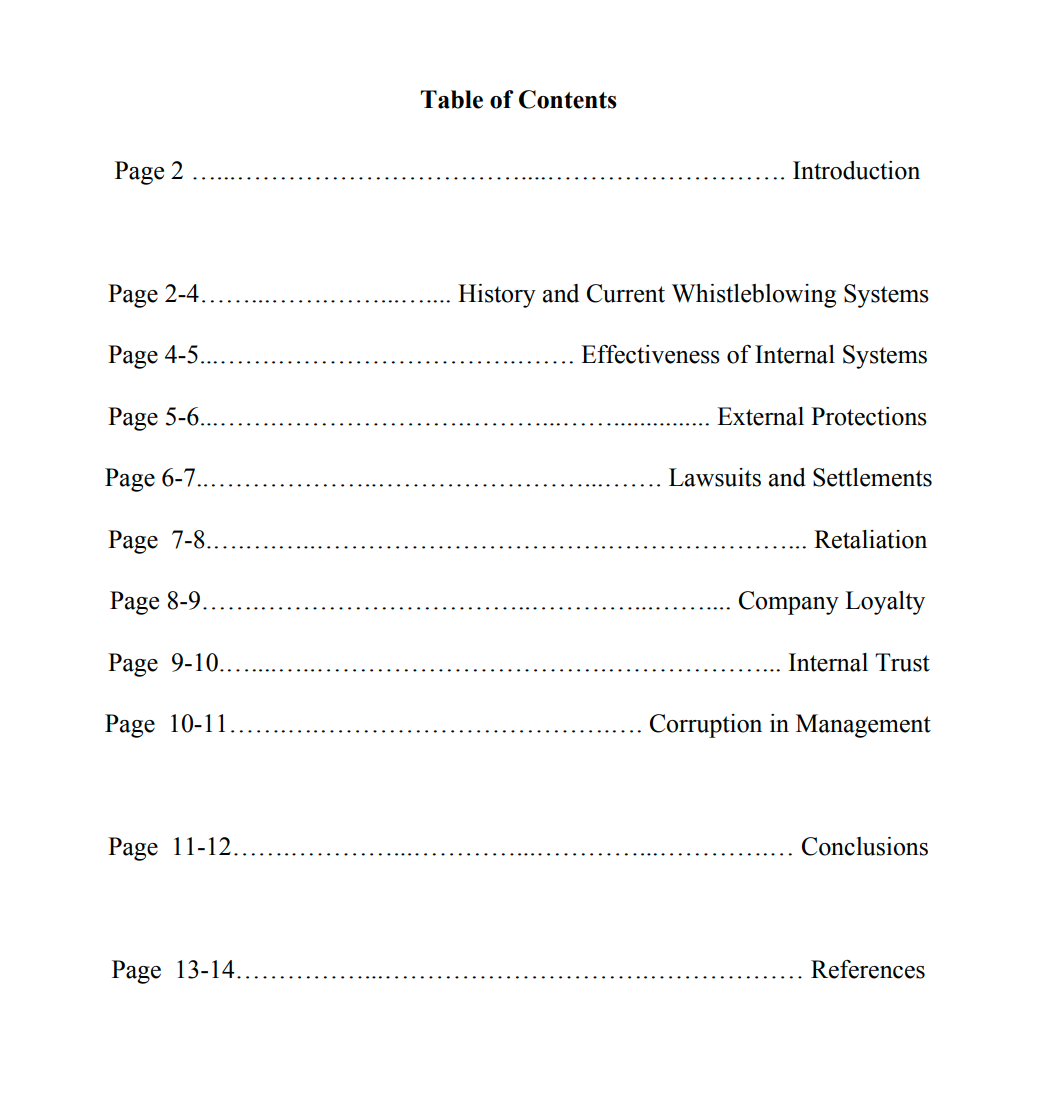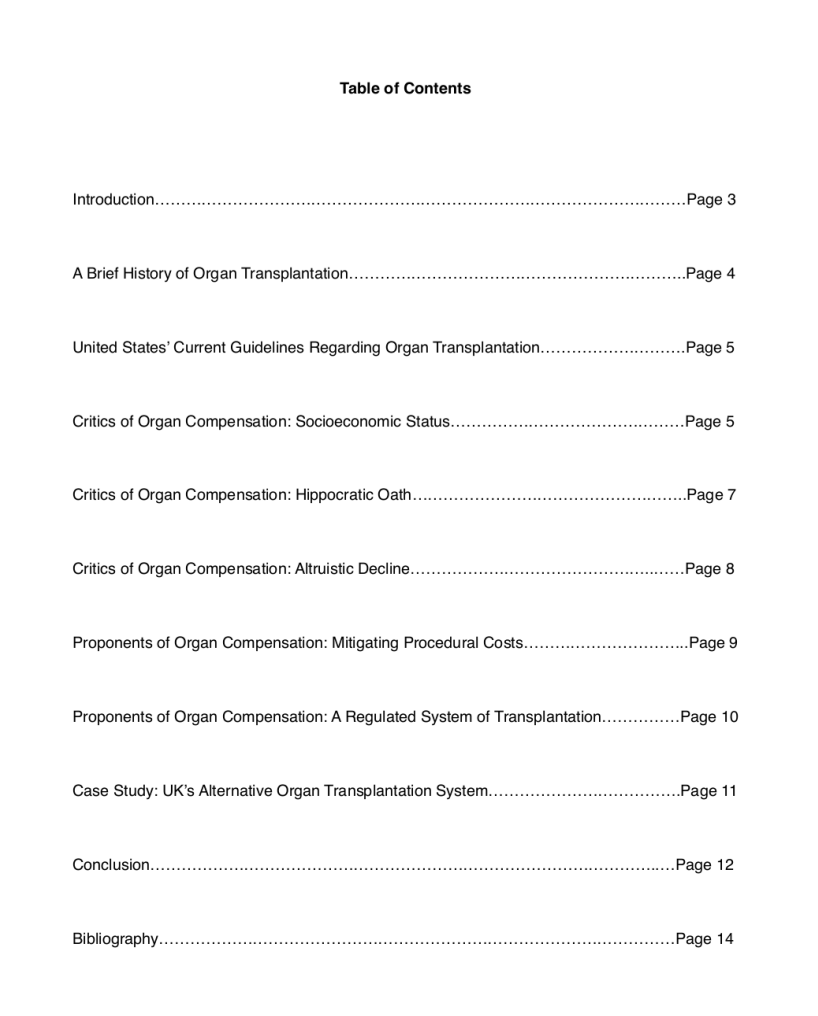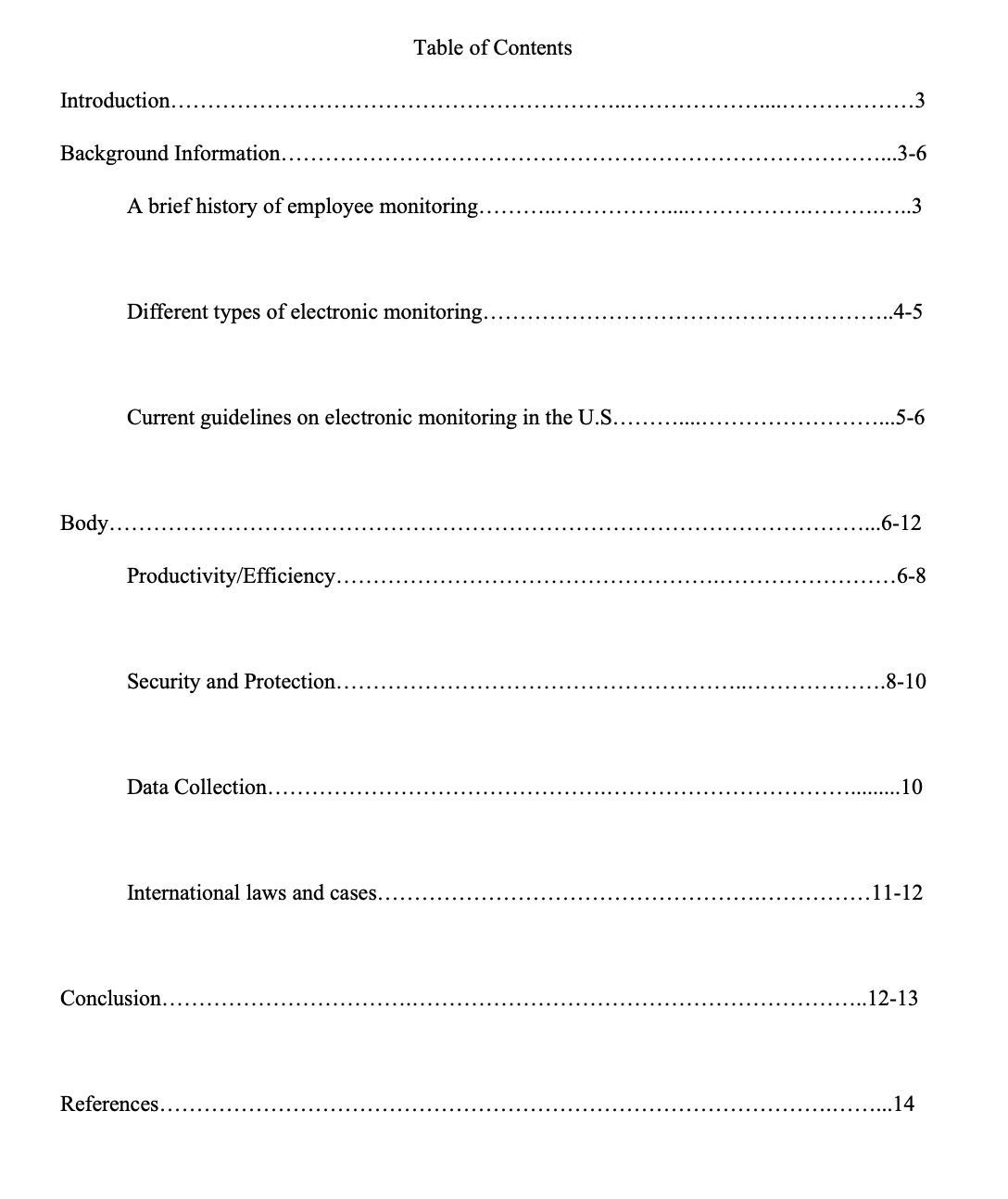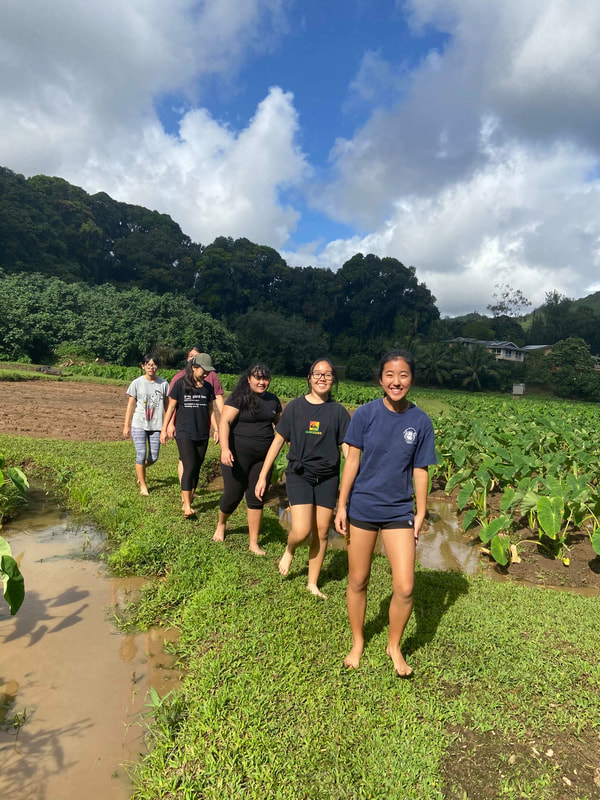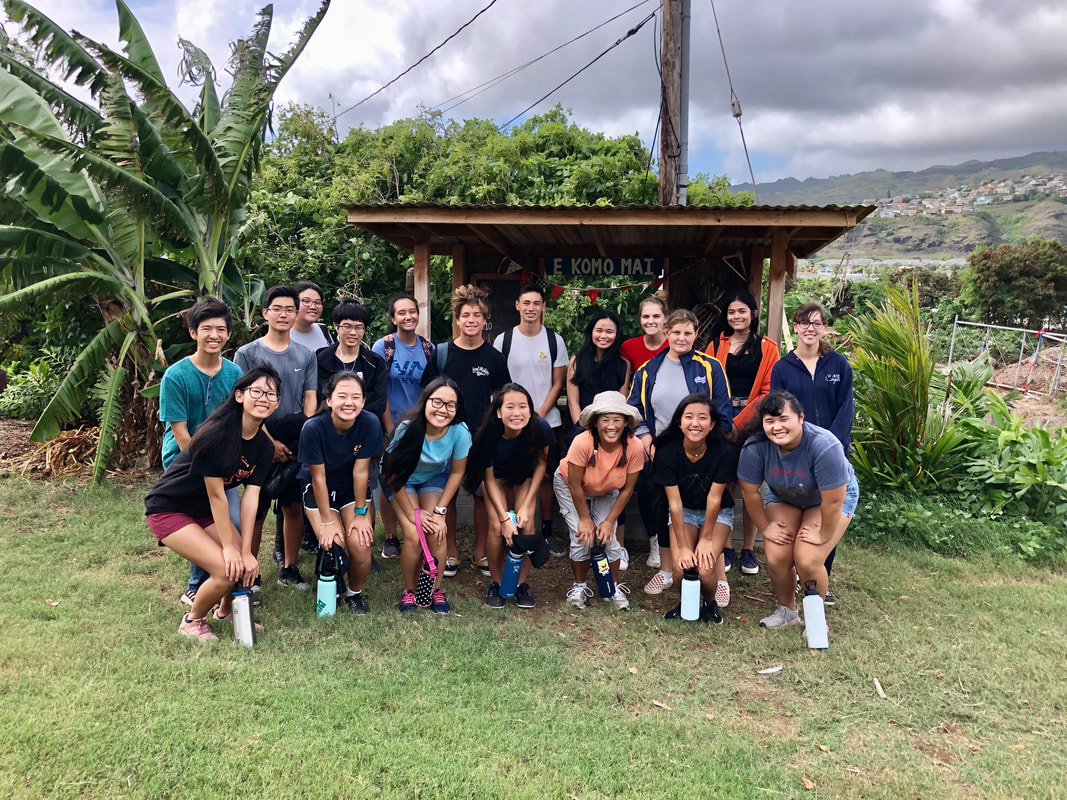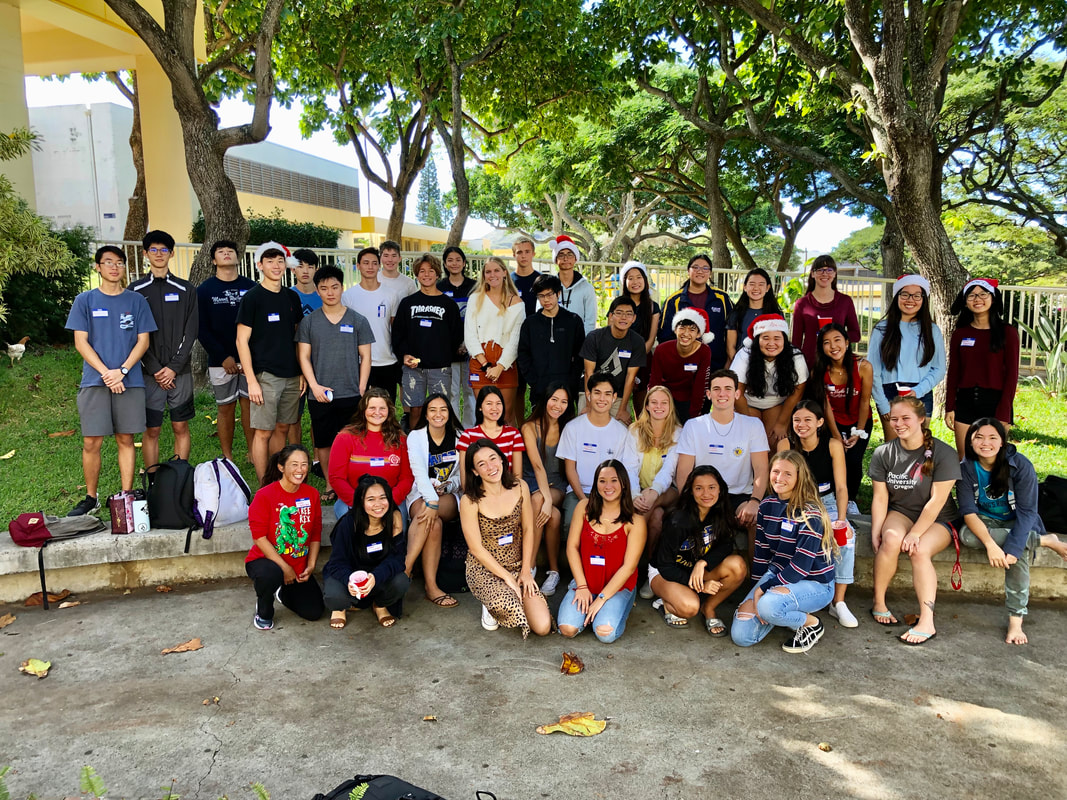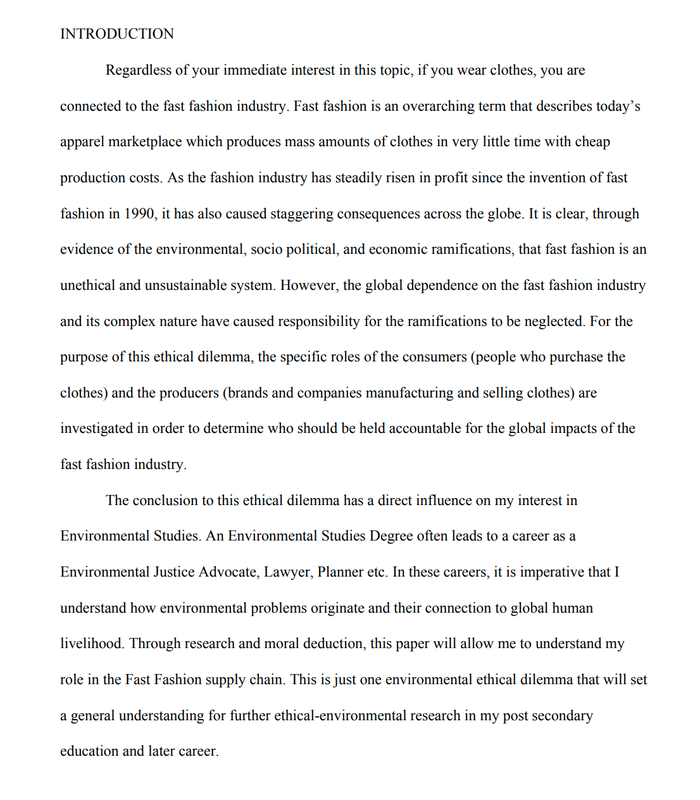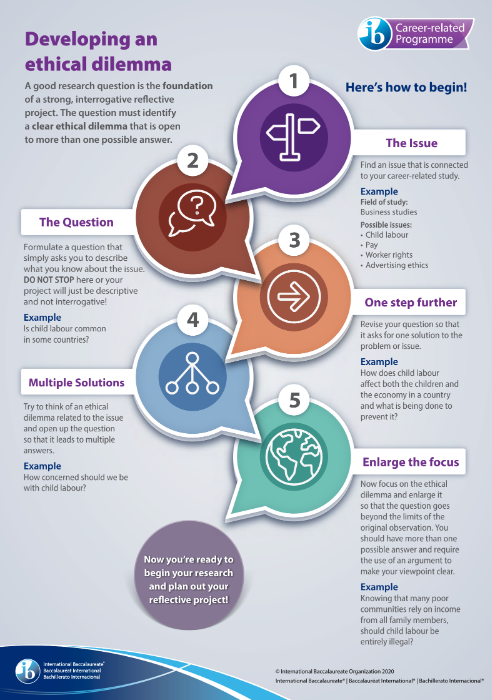
The IBCP Reflective Project is an in-depth body of work produced over an extended period and submitted in year 2 of the career-related programme. Through the Reflective Project, students identify, analyze, discuss and evaluate an ethical dilemma associated with an issue from their career-related studies. This work encourages students to engage in personal inquiry, intellectual discovery, creativity, action and reflection, and to develop strong thinking, research and communication skills.
The Reflective Project is assessed using grades A to E, with A representing the highest level of achievement.
A minimum of 50 hours is expected to be devoted to the project.
Students will start the Reflective Project during IBCP year 1 (Junior year). The IBCP students will receive support in their personal and professional skills lessons with a focus on structure, referencing, and scaffolding.
Goals of the Reflective Project:
Process of the Reflective Project:
Uses your career-related studies as a focus for the chosen issue.
Utilizes the skills you develop in Personal and Professional Skills (PPS I and II) such as the ability to create a reasoned argument (critical thinking), to understand ethical dilemmas (ethical thinking) and to prepare the structure and format of the project itself (communication).
Uses the skills and knowledge you develop in community and service.
The Reflective Project is assessed using grades A to E, with A representing the highest level of achievement.
A minimum of 50 hours is expected to be devoted to the project.
Students will start the Reflective Project during IBCP year 1 (Junior year). The IBCP students will receive support in their personal and professional skills lessons with a focus on structure, referencing, and scaffolding.
Goals of the Reflective Project:
- Produce an extended piece of work.
- Engage in personal inquiry, action and reflection (PLAN, DO, REFLECT) on a specific ethical issue.
- Develop research and communication skills.
- Develop the skills of critical and creative thinking.
Process of the Reflective Project:
Uses your career-related studies as a focus for the chosen issue.
Utilizes the skills you develop in Personal and Professional Skills (PPS I and II) such as the ability to create a reasoned argument (critical thinking), to understand ethical dilemmas (ethical thinking) and to prepare the structure and format of the project itself (communication).
Uses the skills and knowledge you develop in community and service.
Options for the reflective project
Option 1 |
|
A Written Essay The written essay (maximum 3,000 words) should cover all the reflective project's requirements except reflection, which forms the the content of the RPPF.
Option 2 |
|
A Written Essay + Additional Format The written essay (1,500 - 2,000 words) plus one of the following:
Additional Format Options |
|
a short film (7 min.) Students are free to create whatever type of film they believe will be a valuable component of their reflective project: for example, a documentary, a drama, a news report and so on. They can also choose to submit a written film script instead (700 words).
a spoken presentation (7 min.) A presentation provides the students with the opportunity to address in a spoken format aspects of their reflective project. They can also choose to submit a written script instead (700 words).
an interview (recorded 7 min.) An interview allows the students to be creative by imagining and developing a discussion between two or more people. They can also choose to submit a written script instead (700 words).
a play (recorded 7 min.) The play should include one or more characters performing a spoken drama that supports elements of the reflective project. It can include dialogue, music and sound effects. Students can choose to submit a written script instead (700 words).
a display, a storyboard or photo essay using up to 15 annotated images; 700 words. A storyboard/photo essay is usually a linear narrative told through imagery. Students can decide what their imagery will accomplish adn how it will contribute to the reflective project overall. For example, it could provide an overview of their reflective project and create points of discussion or illustrate particular ideas.
Function of additional format
The chosen additional format should support and add information to the reflective project overall. For example, a film or presentation could reflect the different perspectives of the stakeholders involved, or detail the local/global manifestation of the issue, while the written essay contains the central argument(s) of the ethical dilemma.
Crucially, the content of the additional format must be different from the essay. For example, students should not take an argument presented in the essay and then repeat it in the additional format.
The two elements should complement each other, each adding value to the other, ensuring that as an overall submission the assessment criteria are satisfied. Repetition or simply reformatting information will lose a student's marks. Whatever format the student chooses, it must be capable of being sent electronically to the IB for moderation. Live links to the reflective project are not permitted.
Teacher/Student Support
Documents
Timeline
Reflective Project Guide
Activity Guide
Check list (ongoing)
Reflective Project Student Proposal
Reflective Project Outline
Self-evaluation
Rubric
Supervisor Agreement Form
Supervisor Meeting Form
Supervisor Assessment Form
Supervisor's Guide
Example RP/RPPF
Official IB RP/RPPF
Completing the RPPF
Assessment Criteria
|
|
|
